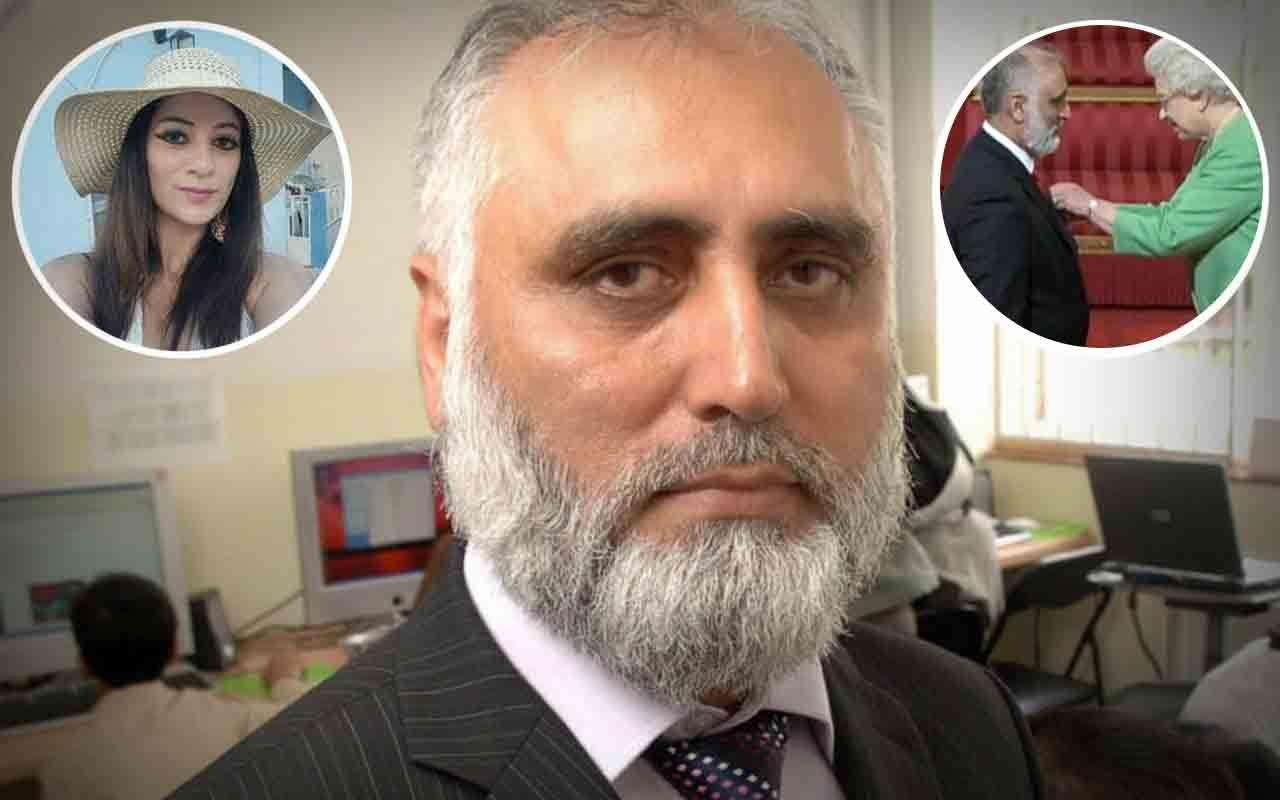The landscape of local government funding in England is on the brink of a significant change, with a proposal to grant London Mayor Sadiq Khan and other regional leaders the power to introduce a tourist levy, often dubbed the "tourist tax." This move, anticipated to be part of the government's broader legislative agenda through amendments to the English Devolution and Community Empowerment Bill, is poised to reshape how the capital generates revenue to enhance its global appeal.
Understanding the Proposed London Tourist Levy
The tourist levy is a small charge that visitors would pay on top of their accommodation costs when staying overnight in London.
What is the London Tourist Tax?
It is a proposed overnight surcharge on visitor accommodation, including hotels, B&Bs, and short-term rentals (like Airbnb-style lets). It is designed as a direct revenue stream for the city, not intended to replace central government funding or to be diverted into general public services. Instead, the funds are earmarked for enhancing the visitor experience and boosting the local tourism economy, such as improving public spaces, infrastructure, and promotional campaigns.
Who Needs to Pay It?
The levy would apply to visitors staying overnight in paid accommodation within London. It is collected by the accommodation provider and remitted to the relevant authority.
Is It Different in Different London Boroughs?
This is a critical point in the current discussion. While the proposal aims to give the Mayor of London the power to impose a levy across the capital, there's a strong push for local discretion. The Lambeth Council, in South London, has already championed the idea, terming their local version the "Love Lambeth Levy," with the goal of funding local public realm improvements like street cleaning around major attractions like the Southbank and the London Eye, which fall within the borough. This suggests that while the Mayor may set the framework, the actual rate and specific use of funds could potentially vary or be heavily influenced by individual boroughs, depending on the final legislative wording of the devolution bill. However, a single London-wide, consistent rate is also a strong possibility, as seen in many international examples.
When Will It Start?
The levy is not yet law and therefore has no confirmed start date. Its implementation hinges on the English Devolution and Community Empowerment Bill passing through Parliament with the necessary amendments to grant the taxing power to London's government. Given the upcoming Budget and the ongoing legislative process, the earliest any mechanism could be established and rates determined would likely be late 2026 or 2027, following extensive consultation.
The Financial and Sectoral Debate
A City Hall review suggests the levy could generate a substantial £250 million annually. Proponents, including the Mayor, argue that a modest charge—likened to the "extra few euros" travelers readily pay in comparable European hubs like Paris, Rome, or Amsterdam—will not deter tourists. They point out that London is a major anomaly, being the largest city in the G7 without such a visitor levy.
However, the hospitality sector, represented by groups like UKHospitality, has strongly criticized the plan. Their primary concern is that a tourist tax, when combined with the UK's already high 20% VAT rate on accommodation (compared to much lower rates in many European cities with levies), would result in an effective consumer tax rate that is far too high, potentially reaching 27%. They warn that this could significantly "ramp up prices and drive inflation," ultimately damaging the competitiveness of London's tourism industry against European rivals.
Adding complexity to the debate, some London leaders are simultaneously urging the government to reinstate tax-free shopping for international tourists (the VAT refund scheme), a policy which was scrapped and which luxury brands like Burberry argue has already driven high-spending visitors to Paris and Milan. The introduction of a new tourist levy while refusing to reinstate tax-free shopping is seen by critics as a contradictory policy that places a greater financial burden on visitors.
The crucial next step is expected to arrive with the Chancellor’s Budget announcement, where the government is anticipated to confirm the devolution of these powers. The ultimate success of the levy will depend on its rate, the clarity on how the funds are ring-fenced for tourism-specific improvements, and a genuine, meaningful consultation process with the hospitality and business sectors.








.svg)

